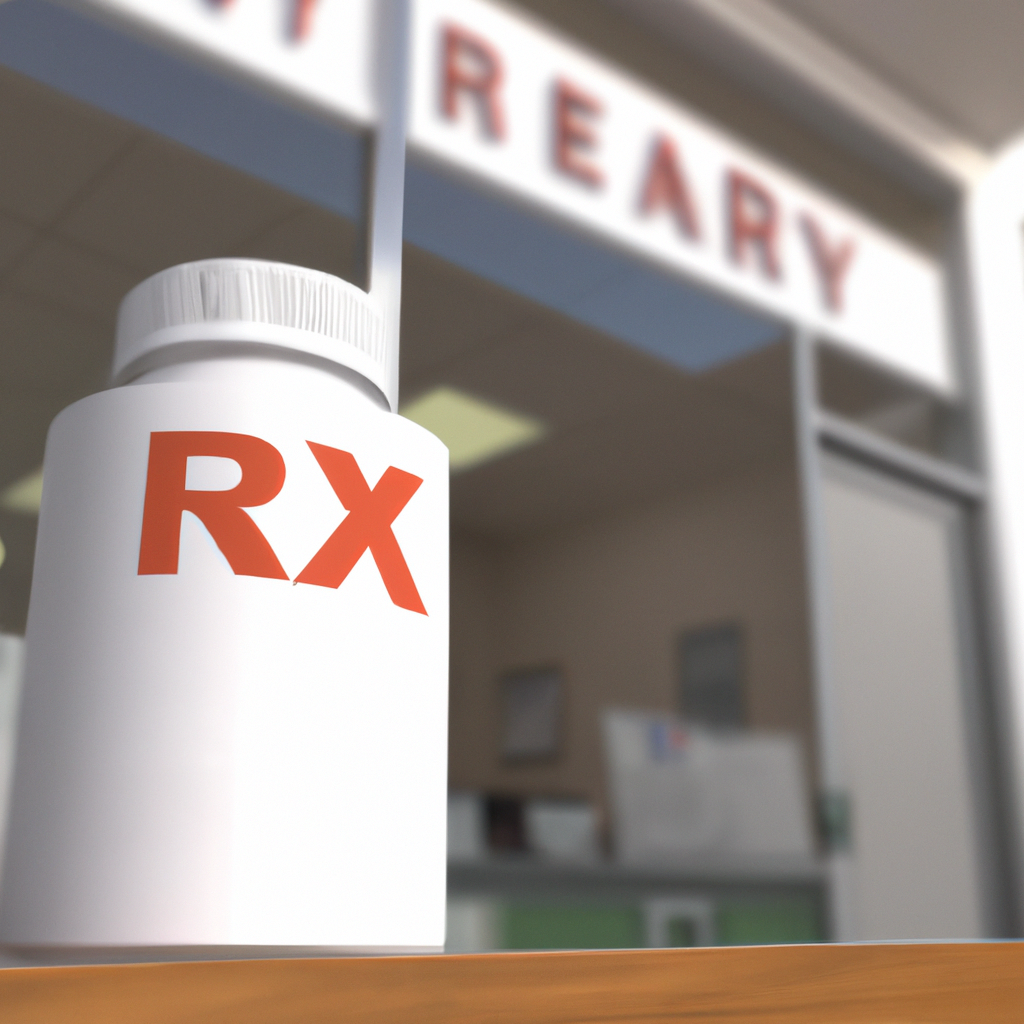A new report from the House Committee on Oversight and Accountability reveals that pharmacy-benefit managers (PBMs) are directing patients toward more expensive medications while restricting their pharmacy choices. This conclusion comes following a 32-month investigation and is particularly timely as a hearing involving executives from the largest PBMs is set to take place.
PBMs, which act as third-party administrators for health insurers’ prescription drug plans, negotiate pricing with pharmaceutical companies and determine patient out-of-pocket costs. The three largest PBMs in the U.S. — Express Scripts, OptumRx (a UnitedHealth Group company), and Caremark (part of CVS Health) — collectively manage about 80% of prescriptions.
The committee’s findings indicate that PBMs frequently compile lists of preferred drugs that favor higher-priced brand names over less costly alternatives. For example, emails cited in the report from Cigna employees discouraged the use of cheaper options for Humira, a $90,000-a-year treatment for arthritis, despite the availability of a similar biosimilar at half the price.
Additionally, the report highlights that Express Scripts informed patients they would incur higher costs by using local pharmacies instead of its affiliated mail-order service for a three-month supply, thereby limiting patients’ pharmacy options.
Earlier this month, the U.S. Federal Trade Commission (FTC) issued a parallel report indicating that the six largest PBMs control nearly 95% of all prescriptions filled in the United States due to increasing consolidation within the industry.
The implications of these findings raise concerns about the significant power PBMs hold over Americans’ access to affordable prescriptions. The FTC noted a troubling trend where vertically integrated PBMs may prioritize their affiliated businesses, potentially disadvantaging independent pharmacies and contributing to rising drug costs. FTC Chair Lina M. Khan remarked that these middlemen are “overcharging patients for cancer drugs,” generating over $1 billion in additional revenue.
